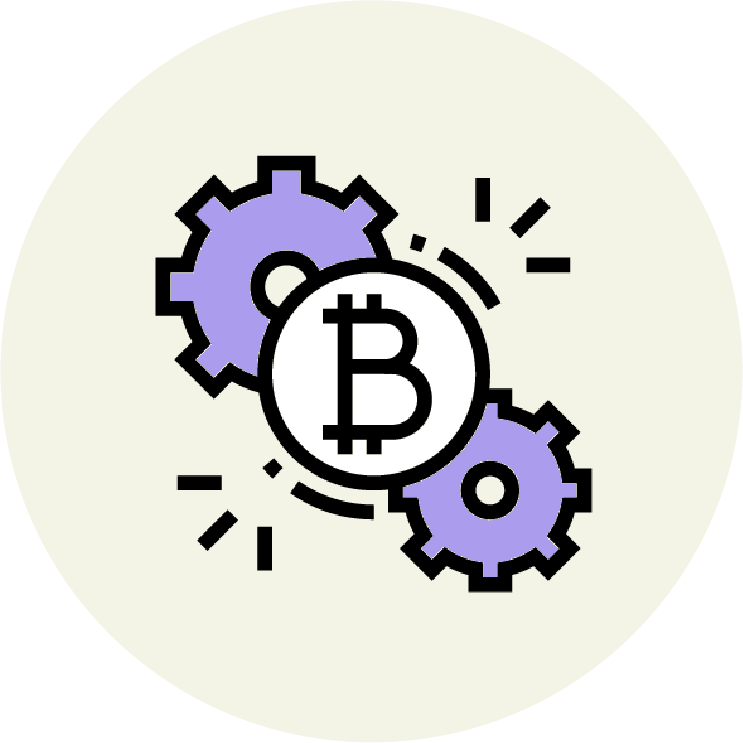P2P
P2P stands for Peer to Peer exchange. What this means is that one party exchanges goods or currency directly with another party, without the need for any third party (such as banks or financial institutions) to interfere
Exchanging items from one person to another has been around since barter trade times. Now, Bitcoin proudly wears the same label. But what is P2P exactly?
What is P2P (Peer to peer)?
P2P stands for Peer to Peer exchange. What this means is that one party exchanges goods or currency directly with another party, without the need for any third party (such as banks or financial institutions) to interfere.
How does it make Bitcoin stronger?
Within a P2P network, every participant is partially an owner and contributor. Such networks share all sorts of information, such as files and music, with Napster being one of the earliest adopters of such an exchanging method. So how does this relate to Bitcoin?
The development of new currency and the method of transaction recording happens through a network of computers. Individual participants use these computers, which are also known as nodes, instead of government authorities. As such, the network’s maintenance happens by the participants themselves. On top of that, as all transactions are recorded on every node, it is virtually impossible to falsify or overwrite ledgers in a cryptocurrency exchange.
However, and while P2P cryptocurrency exchanges, such as LocalBitcoins, allow participants to exchange funds without any third party involvement, the lack of oversight may allow for unlawful actions, such as money laundering.
Disclaimer: Don’t invest unless you’re prepared to lose all the money you invest. This is a high‑risk investment and you should not expect to be protected if something goes wrong. Take 2 mins to learn more at: https://go.payb.is/FCA-Info

